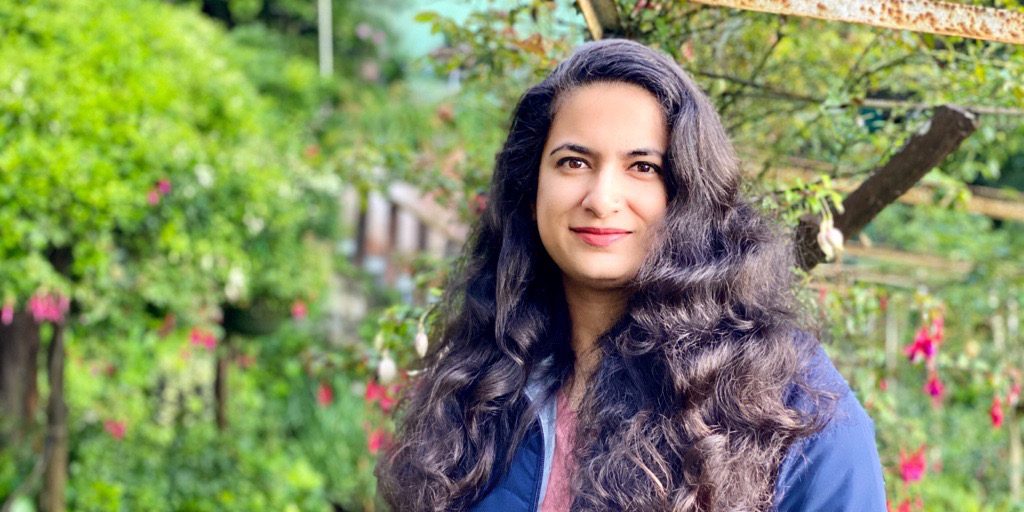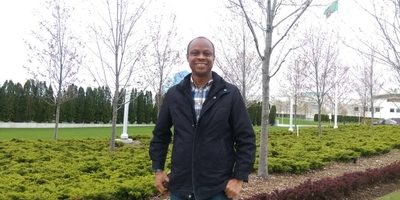
Emerging thought leader Manushi Sharma: 'Primary Health Care is the most critical building block of a health system'
Manushi Sharma is a Research Fellow at The George Institute India. With a background in Pharmacy and Health Economics, Manushi joined The Institute with years of work experience cutting across these areas and project management in the Asia-Pacific region.
She manages the Primary Health Care Research Consortium (PHCRC), established in New Delhi by The George and partners, to conduct policy-relevant research foster evidence-based high-quality primary health care systems as envisioned in the SDGs and universal health coverage goals.
What is your current research focus?
My focus is primary health care (PHC) research. I manage the Secretariat of the global Primary Health Care Research Consortium (PHCRC) and am currently involved in four studies.
In collaboration with researchers from Instituto Nacional de Salud Pública in Mexico, Makarere University in Uganda, The George Institute India, and the University of New South Wales in Australia, I am studying the barriers and potential solutions to deliver comprehensive primary health care in these respective countries.
I am also part of a project with the Global Alliance for Chronic Diseases (GACD), studying how we can address chronic disease care through PHC. Another study led by George Washington University collaborates with researchers from Malawi, El Salvador and Lebanon on performance measurement and management in PHC. A global survey in collaboration with Besrour Centre, Ontario, aims to understand the public health and primary care integration in COVID-19 vaccination campaigns. I also led a systematic review on cost-effective interventions for non communicable disease screening programs.
How do you think awareness could be best raised in India for building a better health system?
I strongly feel that for public health to be truly universal, it must go beyond governments and academia. A better health system will be a direct function of reforms rooted in community empowerment. Leveraging the traditional knowledge of diverse communities in India will be conducive to building people-centric health care systems, equitable health outcomes, and better planetary healthcare and well-being. The health awareness brought about by the COVID-19 pandemic can be systematically leveraged to create meaningful pathways and processes for community involvement in health decision-making and co-creating a healthier ‘new normal’.
Tell us about your work with the Primary Health Care Research Consortium (PHCRC).
PHCRC aims to foster LMIC-led research to reinforce evidence-based PHC systems. The experience is unique – I work with various stakeholders from around the globe, including academics, primary care providers, policymakers, civil society and United Nations agencies. We are tackling some pertinent knowledge gaps in PHC research – comprehensive PHC, health workforce, service delivery for chronic diseases, performance measurement and management, PHC financing, and public health primary care integration. Equal importance is placed on the advocacy of the research. So far, I have organised and collaborated with our members, who have actively contributed to blogs, newsletters, webinars, and podcasts on the above topics.
How does your role at The George differ from your previous roles in public health?
I was with the Public Health Foundation of India, in central India, where I developed a deep understanding of the grassroots factors that obstruct access to public health. At the Thai Ministry of Public Health, I supported the Thai government in knowledge transfer and capacity building of global-south countries for evidence-based priority setting through economic evaluations.
Through both these experiences, I learned about health financing measures for economically sustainable health systems. At The George, I am learning about the most critical building block of the health system – Primary Health Care. How can PHC be made the mainstream approach for providing health care universally? What are the current ‘best practices’ in PHC? How can PHC be made more efficient, and how can PHC services be streamlined?
What does thought leadership mean to you?
It is the ability of thinking beyond current research and figuring how this research puzzle piece contributes to the broader ecosystem. It is the ability to learn and unlearn and contribute meaningfully to the agenda of public health strengthening. As an emerging thought leader, I want to bring a well-rounded, constructive, and nuanced argument to the table, that contributes meaningfully to the cause of universal health care.
What do you do when you’re not working?
My curiosity and interest in community interaction also translate to my personal life. I love exploring and travelling. I am an amateur photographer, and capturing beautiful landscapes is a hobby.


